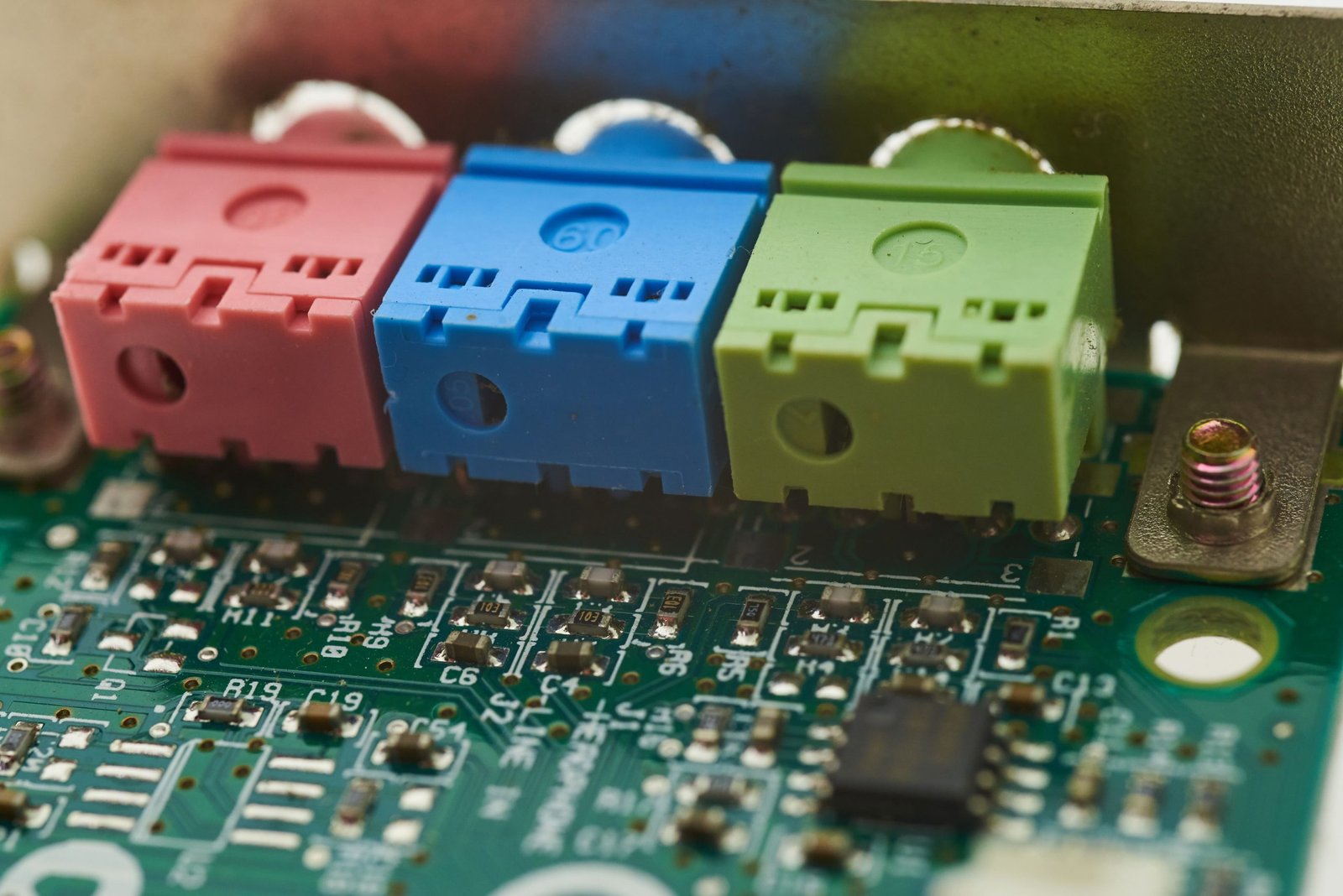What’s Next: GPT4 and the Future of AI

Artificial Intelligence (AI) is undoubtedly one of the most exciting and transformative technologies of our time. And at the forefront of AI innovation stands GPT4, the latest generative AI technology from OpenAI. As we dive into the world of GPT4 and explore its potential implications, it’s essential to consider the call for responsible development that has resonated across the industry.
In a recent open letter signed by tech visionaries like Elon Musk, Steve Wozniak, and Yuval Noah Harari, concerns about the societal impact of highly intelligent AI systems were addressed. The letter highlights the need for careful planning and management in the development process, urging stakeholders to take a step back and assess potential risks.
The plea for cautious progress is unprecedented, as it marks the first time such concerns have arisen from within the IT industry itself. Even individuals like Elon Musk, known for advocating small government and reduced oversight in tech, have added their names to the letter—a clear indicator that something is amiss.
So, what exactly has triggered this demand for increased scrutiny? It appears that the breakneck pace of AI development has raised concerns even among insiders. A race to outdo each other in creating more powerful digital minds is underway, with limited understanding, predictability, or control over these advanced systems.
GPT4 is no exception to this exponential growth in generative AI technology. Originally intended for release further down the line, its predecessor’s rapid success prompted OpenAI to expedite its launch. ChatGPT, the first offering by OpenAI, attracted an astonishing 100 million users within just two months. As competition intensifies with other players like Copy.AI and Google’s Bard, it’s clear that we are on the cusp of an AI arms race.
But amidst this frenzy for technological advancement, it is crucial to remember that AI should be a tool to augment human capabilities, not replace them entirely. Take recruitment AI, for instance. While it can efficiently handle repetitive tasks, it cannot truly replace the expertise and intuition of recruiters themselves. Similarly, retail chatbots offer basic assistance but lack the ability to navigate complex scenarios that require human intervention.
As GPT4 represents the next big leap in generative AI, it becomes increasingly important to ensure responsible development. The call for a six-month moratorium on AI systems more powerful than GPT4 is a step in that direction. It demands an industry-wide collaboration to assess future directions, anticipate challenges, and prepare ourselves economically and socially.
The open letter’s signatories recognize that AI has the potential to revolutionize our work practices but emphasize the need for prudent planning and management. As we move forward, we must strike a delicate balance between innovation and ensuring that AI technology serves humanity’s best interests.
Nick Shah, Founder and President of Peterson Technology Partners, acknowledges the significance of GPT4 and its potential impact on the industry. With over 23 years of experience connecting top IT talent with leading companies, Nick understands the importance of both emerging technologies and building strong relationships.
As we eagerly await the advent of GPT4 and witness the unstoppable growth of AI development, let us remember that it is essential to exercise caution and responsibility. By working together as an industry and society at large, we can shape a future where AI enriches our lives while safeguarding our values and well-being.
Stay tuned for more updates on GPT4 and its journey into the future of artificial intelligence!

Comments